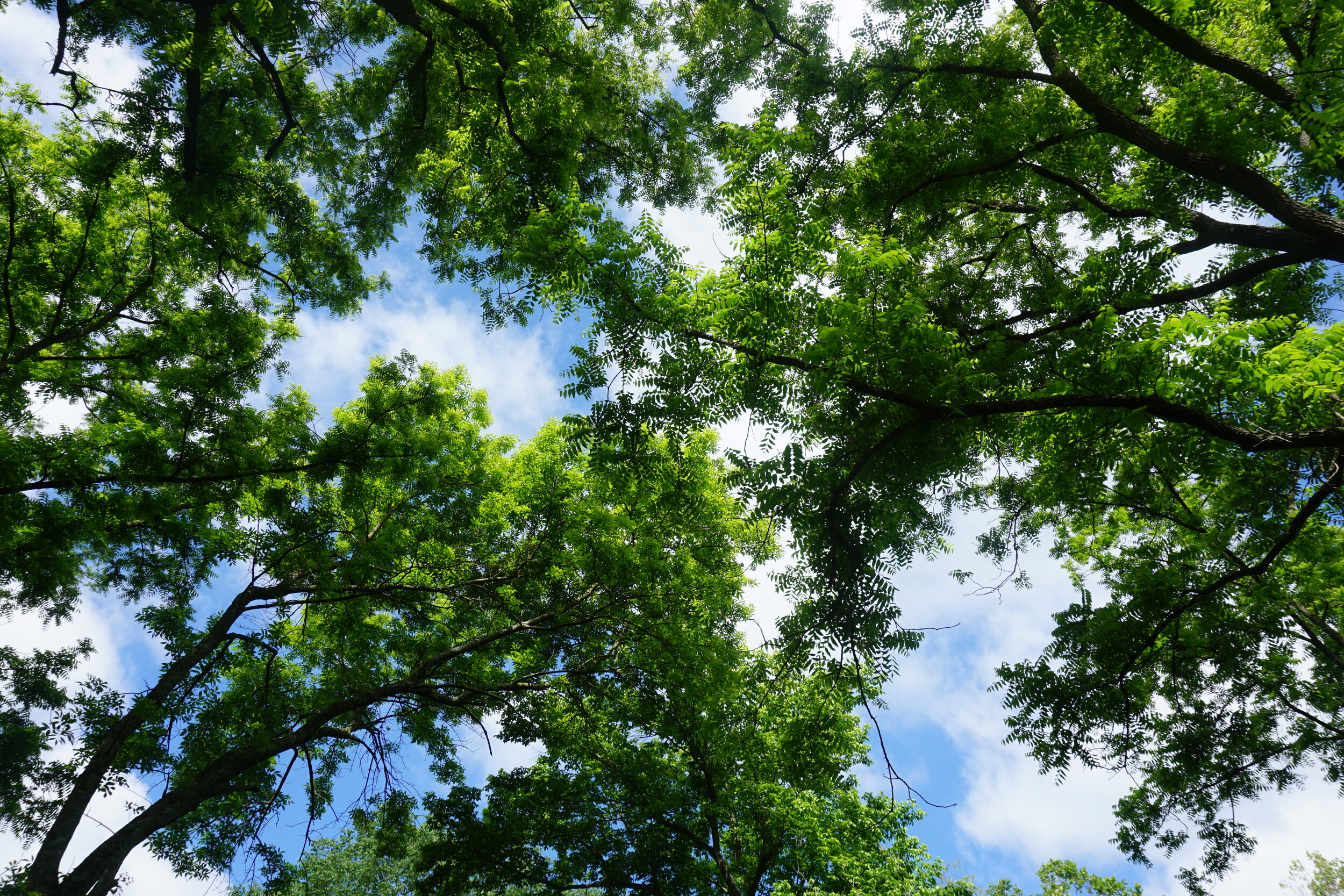
YOUTH EDUCATION
We work with the students in our watershed to become stewards of our water resources. IRWP offers field trips, field labs, mobile labs, and water monitoring opportunities for educators to request. Free lesson/lab resources for educators of the IRW at the bottom of the page can help introduce water quality topics.
Education at IRWP
Our location in Cave Springs is home to a beautiful nature preserve. We utilize this space for unique educational field trips. We offer a variety of water stewardship labs and activities for students of all ages. It is our hope that through our efforts in youth education we will promote the youth of our region to understand and implement practices that support our water for generations to come.
Whether at the IRW Sanctuary in Cave Springs, getting our boots wet in the field, or in the classroom, it will be an impactful learning experience. Our Youth Education Specialist has 7 years of experience as a science educator in the classroom and 2 years of experience managing the Youth Education Program at IRWP.
Field Trips to IRWP’s Sanctuary
Bring your class on a field trip to the Illinois River Watershed Sanctuary in Cave Springs, AR. Our grounds includes an outdoor classroom, hiking trails, and seasonal points of interest to teach your students about the world of water. Click below to submit a request form and we’ll get things started!
FALL 2025 SEMESTER FIELD TRIPS: CLOSED
SPRING 2026 SEMESTER FIELD TRIPS: OPEN
Mobile Learning Labs
IRWP offers a variety of mobile lessons that we can bring into your classroom! Educators can choose from existing lab opportunities, or work with the IRWP Program Manager to create custom lessons. This is our most flexible and most popular choice for educators. Choose an option below and we’ll be in touch!
FALL 2025 SEMESTER MOBILE LABS: CLOSED
SPRING 2026 SEMESTER MOBILE LABS: OPEN
Field Labs
Field Labs will be an option for individual classes (maximum of 30 students per field lab) to get real field labs and experiences at a waterway near your school setting. This can include a benthic macroinvertebrate survey, a water chemistry lab, or a field lab developed to align with standards of the educator’s choosing. Click below to submit a request form and we’ll get things started!
FALL 2025 SEMESTER FIELD LABS: CLOSED
SPRING 2026 SEMESTER FIELD LABS: OPEN
Urban Water Cycle Tour
IRWP partners with Beaver Water District and your local wastewater treatment plant to create a field trip covering the urban water cycle and your students’ role within it. Source water protection and conservation (IRWP), water treatment (BWD), and wastewater treatment (WTP near you) are all connected and with our rapidly growing and developing watershed, it is more important than ever. Click the button below to contact the Program Manager.
FALL 2025 SEMESTER UWCT: CLOSED
SPRING 2026 SEMESTER UWCT: OPEN
IRWP Developed Lessons for Educators of the IRW
-

Erosion
Sedimentation is one of the Illinois River Watershed’s top pollutants (along with nutrients). This lab discusses features of erosion, mechanics behind it, and why accelerated erosion driven by human impact affects everything from landowners to the entire freshwater ecosystem. Lesson plan options provided range for time and standards of your choice.
-

Aquifers & Groundwater Pollution
Our water resources are working under the surface, and this lab explores it all! Make a model to showcase how surface water and ground water interact within the Karst geology of the Ozarks and how this unique system affects the our water quality - specifically with pollution.
-

Color Scavenger Hunt
This nature scavenger hunt gets young explorers to observe the world around them. This is also a great tool for ESL students, accommodation option, or early childhood version of the Nature Hike. Using the workbook, students will search a local green/blue space to find colors in the world around them, regardless of the season!
-

Nature Journaling
This nature journaling template is a great outdoors activity for students in middle school to high school. Every class from creative writing to science can learn how to start a nature journal, and most importantly, learn how to be an observer of the world around you.
-

Biotic Indexing - Macroinvertebrates
Students will collect live macroinvertebrates from a river or stream. They will then classify and count the invertebrates and use that data to estimate water quality and health of the freshwater ecosystem.
-

Success of the Commons
Tragedy of the Commons is an environmental phenomenon in which individuals with access to a shared resource act in their own interest, resulting in degradation. Students will learn by experience just how easily this happens and will work as a community to create a best management practice.
-

Watershed Exploration
Students will gain an understanding of what a watershed is - the land and resources that define it - as well as create their own watershed. Middle/Junior and High school student will utilize software to analyze land use within their own watershed - the Illinois River Watershed!
-

We All Live Downstream
In this lesson, students will be given a hypothetical amount of money and a section of riverfront property that they can do what they choose to with. They will draw and describe what they chose to do with the land and then arrange their drawings together to form a river. Students will then describe the impact of their landuse on their neighbors downstream as they pass items that represent pollution downstream.
-

Water Chemistry
This scenario-based lesson will ask students to analyze the water quality of a stream section in order to determine if the stream is impaired for certain parameters. In-field water chemistry kits will be brought into the classroom and students will learn the techniques used to determine water quality. Parameters include Dissolved Oxygen, Phosphorus, Nitrate, pH, and Alkalinity.
-

Watershed Pollution
This gallery walk style lesson will teach students about various types of pollution to our watersheds. A student led demonstration will show how pollutants flow through a landscape to one point. Then students will analyze a “water sample” to determine the greatest source of pollution in order to develop a solution to that type of pollution.
Looking for Volunteer Opportunities?
IRWP is a great place to contribute your time to making an impact at the community level. We are seeking motivated individuals to assist in our Youth Education and Water Quality initiative. You would be playing a direct role improving your watershed through participation in education field trips or field labs. Your participation will be as a lab station leader, for which IRWP will provide training.
Email the Program Manager to get involved!

Get in touch.
Not finding what you are looking for? Send us a message telling us how we can help you find it. We’re always looking for new ways to meet the needs of our visitors and supporters.
Have any suggestions for us? We’d love to hear them! Improving our practice is an essential part of our organization. The best way for us to learn is through your input. How can IRWP be better?






